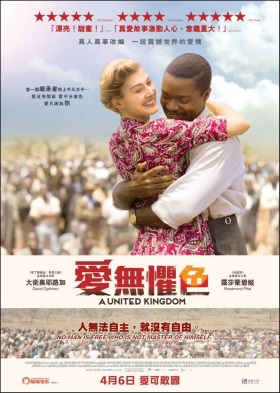
This film is based on a true story about a remarkable young couple who meet, fall in love and resolve to marry – even though their decision puts them at the centre of a raging international controversy.
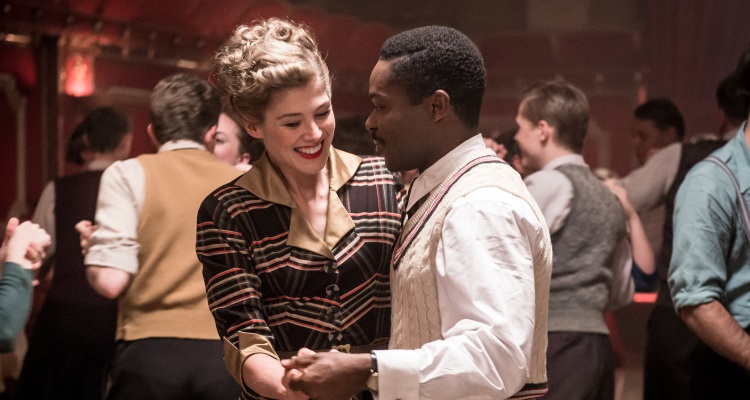
Seretse Khama, a brilliant young African law student, met Ruth Williams, a young white woman from a modest English working family, in London in 1947. They both liked jazz. They shared a sense of humour. It was love at first sight. She was captivated by his vision for a better world, he was struck by her willingness to embrace it. He proposed to her a few weeks later, and she immediately agreed.
They were a perfect match, yet their proposed marriage was challenged not only by their families but by the British and South African governments. The latter had recently introduced the policy of apartheid (racial segregation laws) and found the idea of a biracial couple ruling a neighbouring country intolerable. South Africa threatened the British: either stop the couple or be denied access to South African uranium (vital for the British nuclear programme) and gold (vital to fill up reserves following the war) and face the risk of South Africa invading Botswana.
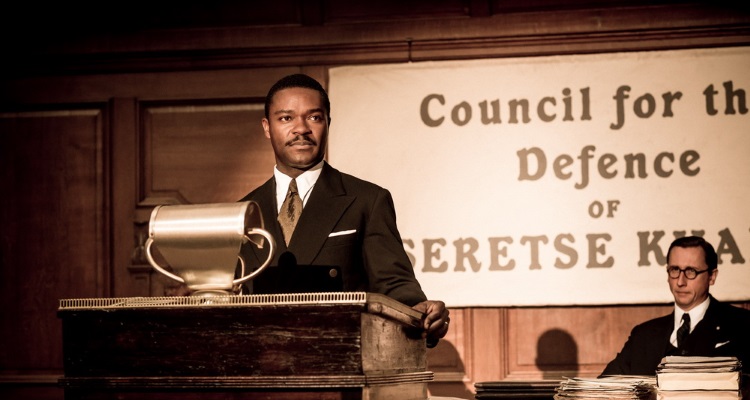
Despite the terrible pressures they faced, Seretse and Ruth never gave up - they fought for their love every step of the way and their dream for a better world.
Over the years and with Ruth by his side, Seretse transformed his nation, leading it from being one of the poorest countries in the world to one of its more prosperous, from being a monarchy to a democracy. In 1966, Bechuanaland finally achieved independence as the Republic of Botswana.
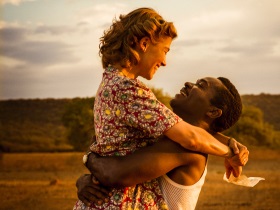
By believing in the power of their love, Ruth and Seretse transformed their nation, paved the road to change in modern Africa, and inspired the world.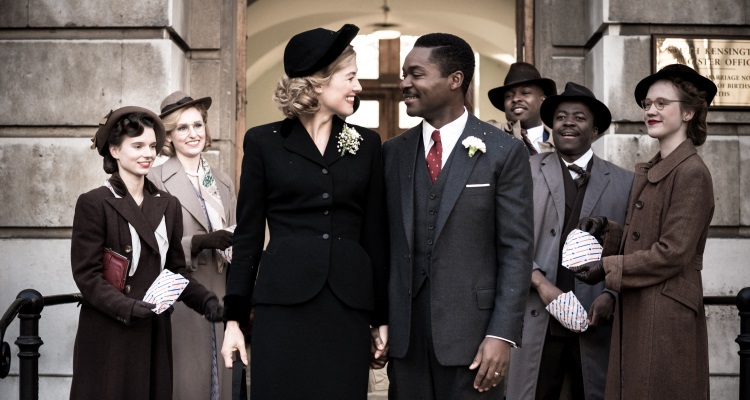
Characters:

Seretse has a crucial role in helping Bechuanland evolve from a British protectorate to the independent African state of Botswana. Among them was Nelson Mandela, who was deeply impressed by Seretse’s achievements and publicly acknowledged them.

She was a white person trying to belong in a black world. She wasn’t a political person, out to make a big splash. But in the pressure of fighting to be together with each other, she and Seretse ended up fighting for so much more.
Author Susan Williams, whose book Colour Bar is the primary source for the film, is a Senior Research Fellow at the University of London’s Institute of Commonwealth Affairs. She offers some background to the years in which the story took place:
Bechuanaland was one of a number of ‘protectorates’ within the Empire, where local rulers kept some of their traditional powers but were subject to British overrule. Bechuanaland was lightly colonised because it had little to offer Britain: it was largely semi-desert, and diamonds and other minerals had yet to be discovered. The white population was small, and both racial inequalities and segregation were firmly established. There was no administrative capital within the territory, and British affairs were run from South Africa, through the British High Commissioner.’
‘The protectorate was managed on a shoestring, with limited resources available for education and health care. Many Batswana were malnourished, and it was estimated that at least a third of all babies died before the age of five.’
‘Although British rule was widely resented by the Batswana, South Africa’s racism and policy of apartheid was considered a greater danger.’
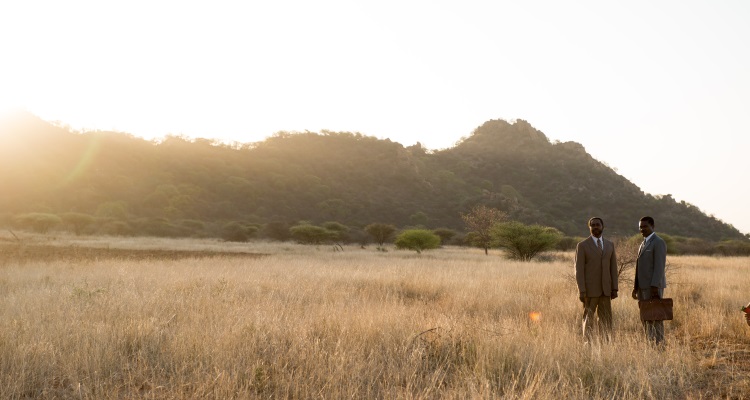
‘At the end of World War II, the British Empire covered a quarter of the globe, incorporating India; dozens of territories across Africa and Asia; and self-governing dominions such as Canada and Australia.’
‘In 1947, the year before the Khamas married, India left the British Empire to become two self-governing nation states: India and Pakistan. In 1957, the year after Seretse’s return from exile, the Gold Coast became Ghana, the first British territory in Africa to achieve self-rule.’
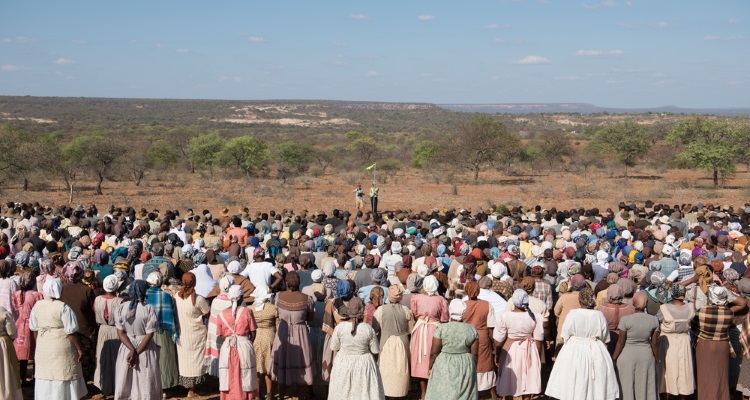
‘African nationalism and the wind of change was sweeping the continent, and Bechuanaland became independent Botswana in 1966. Botswana was at that time listed by the UN as one of the world’s 10 poorest nations and the least developed nation in Africa. Its transformation over the 50 years has been remarkable.’